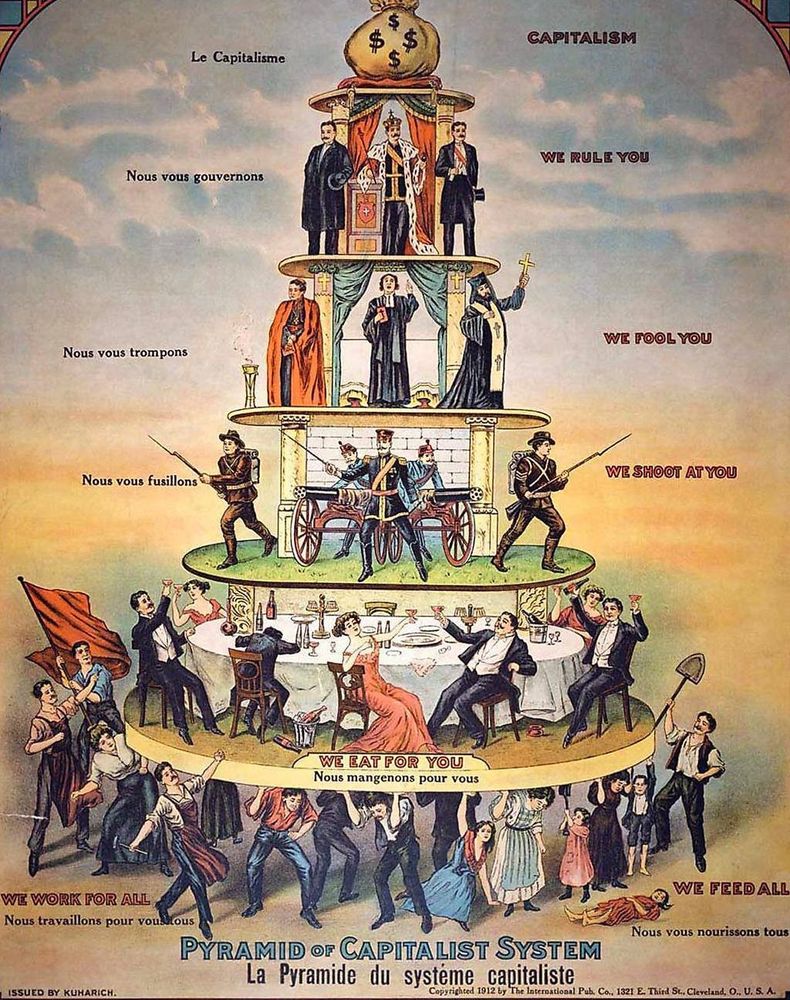Let me reiterate, global capitalism is the legacy of the agricultural system.
for - relationship - agriculture - is the parent - of global capitalism - It (global capitalism) is an elaboration of the agricultural system. - Surplus and expansion and - profound, almost mechanistic, interdependency in material life, and - duality in the human relationship to the more-than-human world - became the order of the day beginning with grain agriculture. - The basic structure and dynamic of the agricultural system were subsequently extended with elaborations that have eventually led to global capitalism.
